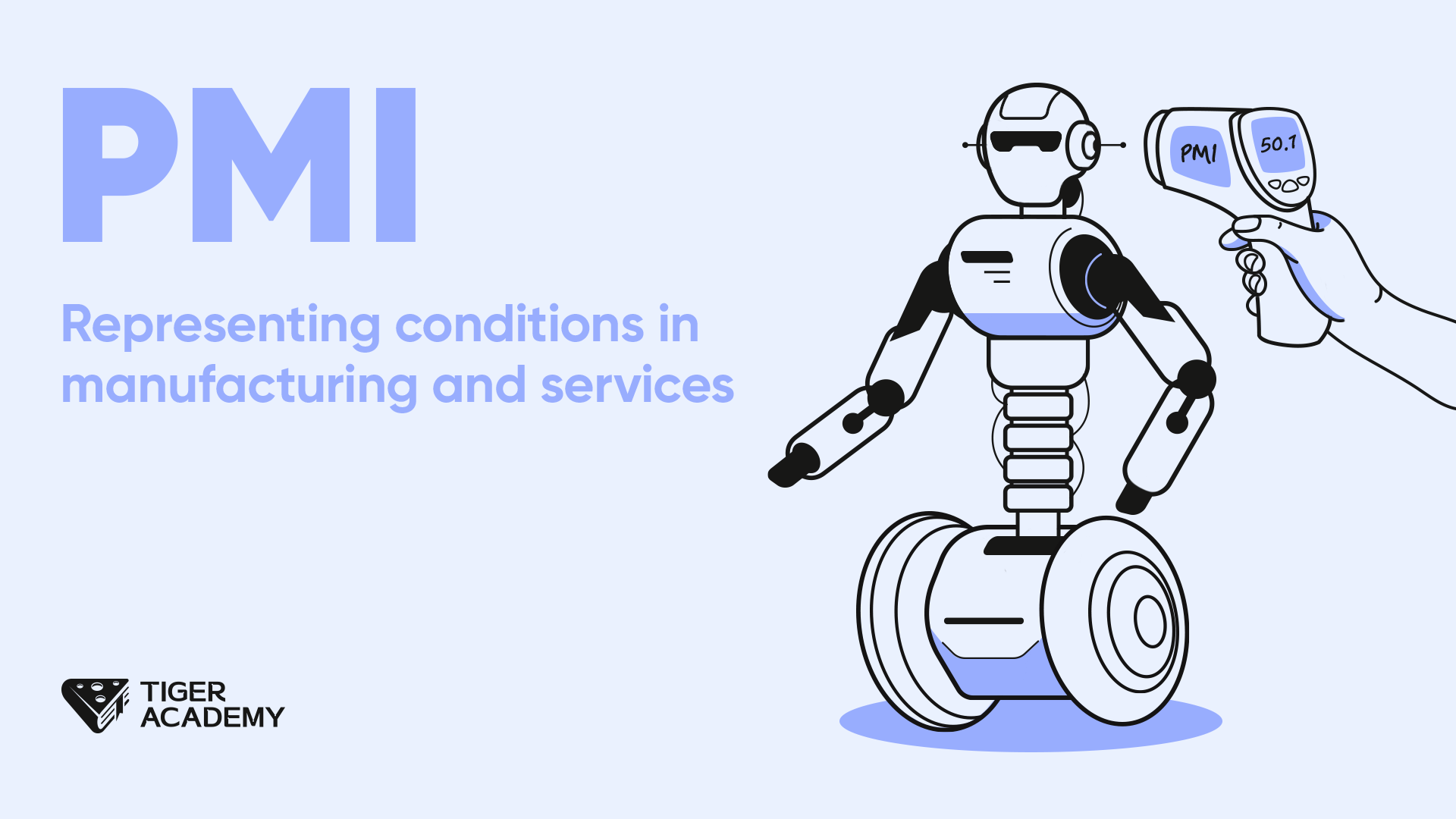Day13.Financial term|What is the PMI
The Purchasing Managers' Index, or PMI, includes the manufacturing PMI and the services PMI.
The PMI is a comprehensive snapshot of the overall US manufacturing sector, employment and price performance are among the most closely watched economic data in the world. At present, PMI has become a macroeconomic monitoring index system for international counterparts and plays an important role in monitoring and forecasting national economic activities.
The PMI is based on a monthly survey of purchasing managers at companies. The index ranges from 0 to 100 %, with 50 % called the "market boom/bust score." A PMI reading above 50 % indicates expansion in the sector; conversely, anything less than 50 % indicates contraction.
Simply put, the PMI is a proxy for companies' willingness to buy materials and make them.
Here is an example:
Imagine you're a buyer in a furniture store.
During the pandemic, you see a significant drop in orders at the furniture store, so you decide to buy less to keep cash on hand.
One day, the national statistician asks you, "How much have you changed in the amount and materials you purchased from this time last year? How has it changed from last month?"
After asking you, they go on to ask other manufacturing companies. Many buyers have the same idea as you, because the amount of consumption is reduced, they are cutting back on purchasing expenses.
In the end, the statisticians combined the situation of various enterprises and found that the PMI index is equal to 40%, indicating that the current economy is in decline.
Currently, the PMI is released at the beginning of each month. The manufacturing and non-manufacturing PMIs are released on the 1st and 3rd of each month respectively. For specific data, you can check the NBS and the US PMI.
Disclaimer: Investing carries risk. This is not financial advice. The above content should not be regarded as an offer, recommendation, or solicitation on acquiring or disposing of any financial products, any associated discussions, comments, or posts by author or other users should not be considered as such either. It is solely for general information purpose only, which does not consider your own investment objectives, financial situations or needs. TTM assumes no responsibility or warranty for the accuracy and completeness of the information, investors should do their own research and may seek professional advice before investing.



